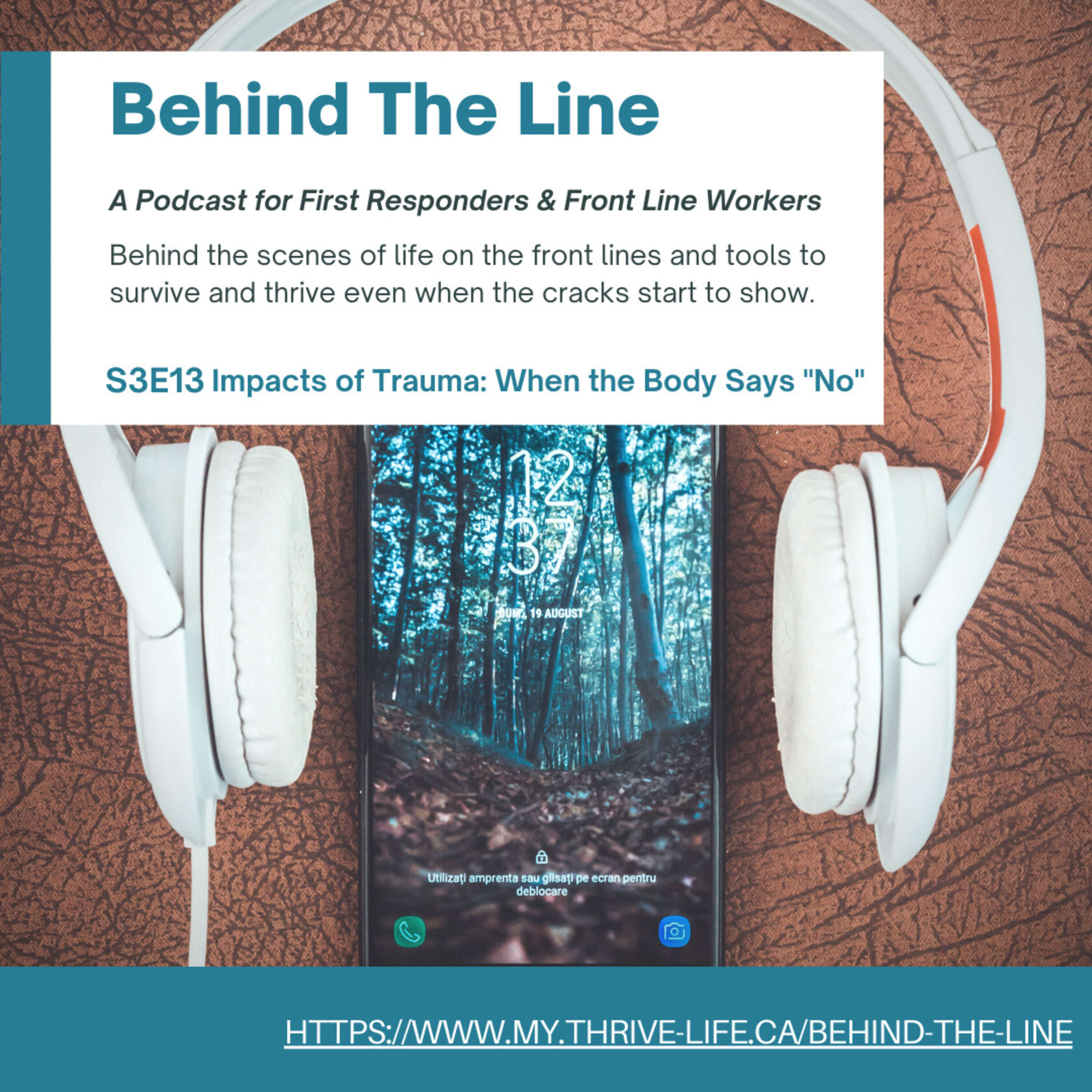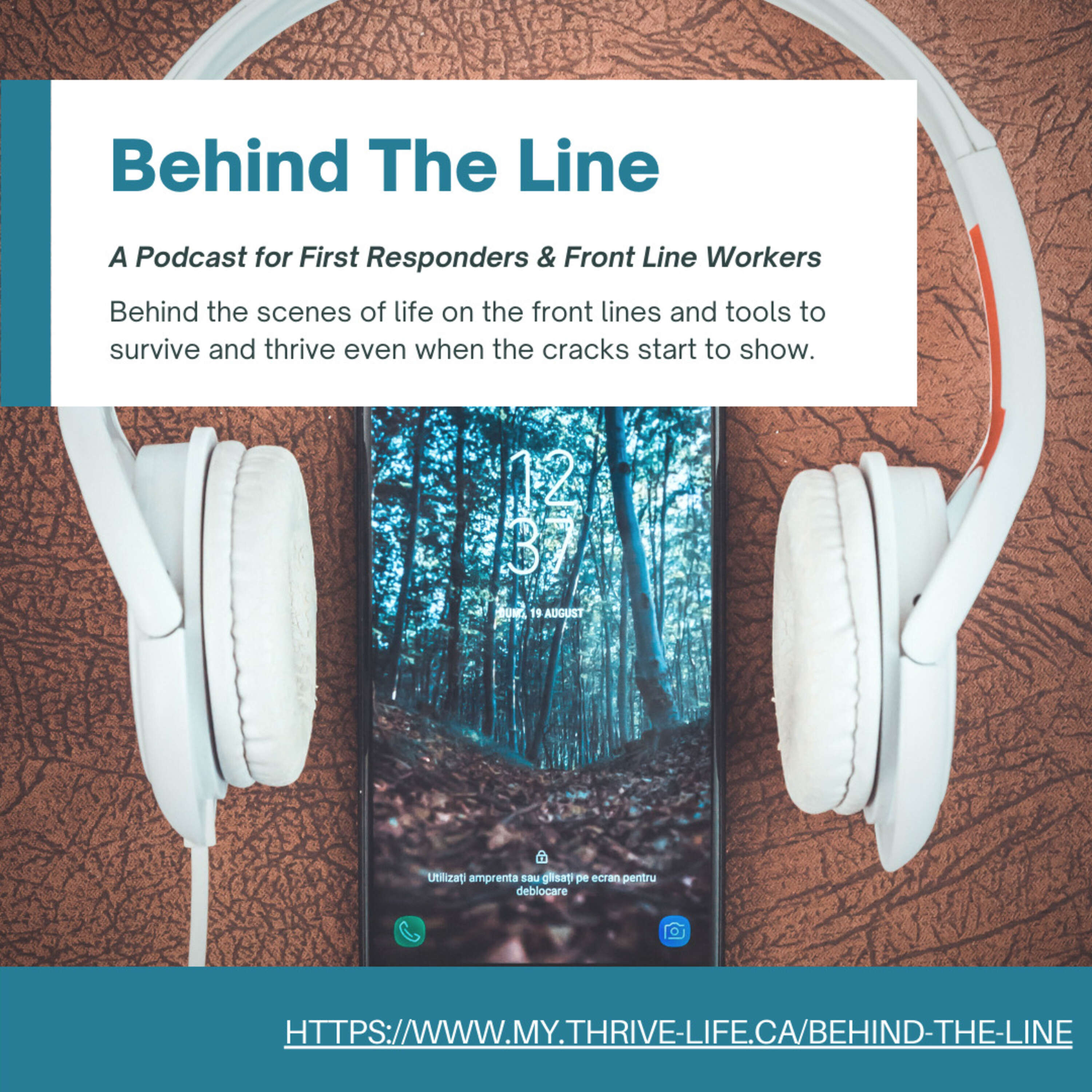
This episode is age restricted for viewers under +18
Create an account or login to confirm your age.
- After-Shows
- Alternative
- Animals
- Animation
- Arts
- Astronomy
- Automotive
- Aviation
- Baseball
- Basketball
- Beauty
- Books
- Buddhism
- Business
- Careers
- Chemistry
- Christianity
- Climate
- Comedy
- Commentary
- Courses
- Crafts
- Cricket
- Cryptocurrency
- Culture
- Daily
- Design
- Documentary
- Drama
- Earth
- Education
- Entertainment
- Entrepreneurship
- Family
- Fantasy
- Fashion
- Fiction
- Film
- Fitness
- Food
- Football
- Games
- Garden
- Golf
- Government
- Health
- Hinduism
- History
- Hobbies
- Hockey
- Home
- How-To
- Improv
- Interviews
- Investing
- Islam
- Journals
- Judaism
- Kids
- Language
- Learning
- Leisure
- Life
- Management
- Manga
- Marketing
- Mathematics
- Medicine
- Mental
- Music
- Natural
- Nature
- News
- Non-Profit
- Nutrition
- Parenting
- Performing
- Personal
- Pets
- Philosophy
- Physics
- Places
- Politics
- Relationships
- Religion
- Reviews
- Role-Playing
- Rugby
- Running
- Science
- Self-Improvement
- Sexuality
- Soccer
- Social
- Society
- Spirituality
- Sports
- Stand-Up
- Stories
- Swimming
- TV
- Tabletop
- Technology
- Tennis
- Travel
- True Crime
- Episode-Games
- Visual
- Volleyball
- Weather
- Wilderness
- Wrestling
- Other
Impacts of Trauma: When the Body Says "No"
Show Notes:
We have been on a journey this whole month, talking about early indicators to be watchful for and aware of as people who work in higher risk jobs. If you’ve been listening, you’ll know that we’ve been talking about the things that let us know that we are changing, being changed, and that we need to know what to look for so that we can intervene early and catch it before we’ve gone too far down the rabbit hole. We have touched on the heavy hitters – hypervigilance, dissociation, numbing and avoidance… which together make up the main criteria used to diagnose things like posttraumatic stress disorder. We have talked about how these show up, both early on as well as when we are moving deeper into traumatic stress and stress-related injuries. We have also talked about what we can do to catch them and meaningfully intervene in them to try to protect ourselves from spiralling further down. Today, we are talking about the indicators our bodies give us when they are done, and we are going to talk about some of the early indicators that can give us a heads up that our body is crying out for us to do something before it’s too late. For the purpose of our topic today I want to share a metaphor that I have used in an episode before but it was a long time ago now. I want you to imagine that your body is like a baby. When a baby wants or needs something, it usually starts by giving a couple little snorts or small vocalizations to try to get a caregivers attention. They might start moving around more or making facial expressions to denote that they have a need. An attentive and attuned caregiver might catch these early signs of need and join the baby in figuring out what the need is and seeking it meet it. And if that happens successfully, the baby settles and all is good with the world. But if the caregiver misses those initial efforts, the baby gets more restless and will up the ante. The baby will cry out louder to make sure its heard. Again, if a caregiver attends and attunes here, crisis can be averted by interacting with the baby and meeting the need. But if the caregiver fails to join the baby here, the baby will have to up the ante again. And this can go on and on until the baby wails to the point that even when the need is met, the baby is inconsolable and it take so much effort and energy for all involved to work at calming that baby back down. It gets dysregulated to the point that it’s whole nervous system is on fire and it can’t bring itself back down for an extended period of time. Your body is like that baby. When you experience stress over prolonged periods of time, your body will begin to send alerts to let you know that your nervous system is taking a hit and has some needs to balance back out. It will start by offering small indicators that something is up. A few headaches or digestive issues or feeling a bit off, like you’re coming down with something. An attentive and attuned caregiver to ourselves might notice these and see them for what they are – a way of my body communicating with me that it needs more care, less stress and some support to manage. …But most of us (myself included!) will tend to ignore these, and worse yet, probably be annoyed by them and frustrated that they hold us back from doing all of the things we need to get done. We’ll push through and rationalize them away as changes in the weather or barometric pressure or food poisoning or that bug everyone says is going around…and on and on. And then you know what happens? The baby gets louder. Your body learns that you aren’t listening. You can’t be trusted to be the attentive, attuned caregiver to your own self and it has to get louder to get your attention. So it does. You might notice new patterns and frequency and intensity of headaches, brain fog, dizziness, digestive issues, muscle pain, sensitivity to light and sound, immune issues and so on. You might ne

